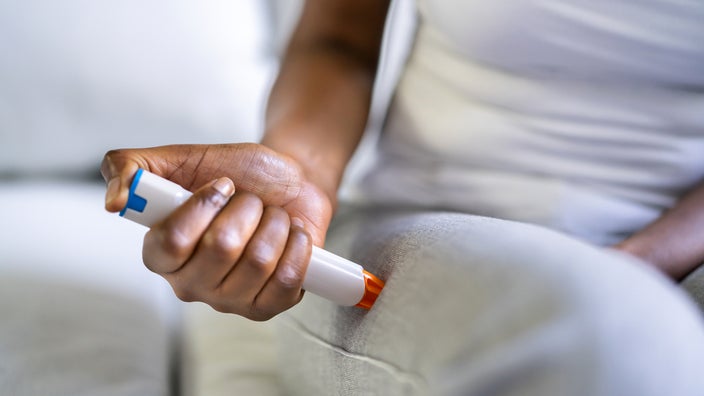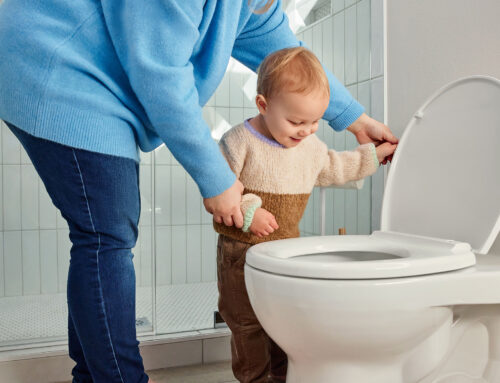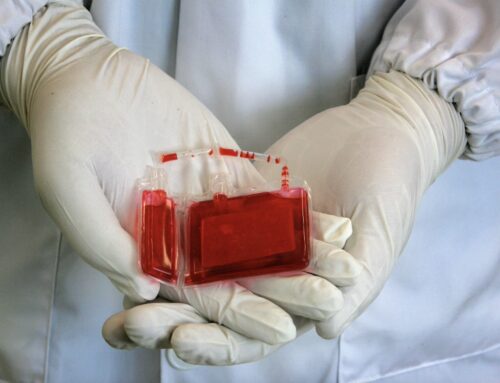Epinephrine Shots for Children
When to give a child an epinephrine shot?
An epinephrine shot, also known as an epinephrine auto-injector, is used to treat severe allergic reactions known as anaphylaxis. Anaphylaxis is a life-threatening emergency that requires immediate medical attention from a healthcare provider. If you suspect that your child is experiencing anaphylaxis, you should administer an epinephrine shot and seek emergency medical help immediately.
You should give your child an epinephrine shot if they experience any of the following symptoms of anaphylaxis:
- Difficulty breathing: This may include wheezing, shortness of breath, or chest tightness.
- Swelling of the face, lips, tongue, or throat: This can lead to difficulty swallowing or speaking.
- Hives or itching: These may appear suddenly and be accompanied by other symptoms of anaphylaxis.
- Feeling of impending doom: Some people describe a sense of impending doom or extreme anxiety during anaphylaxis.
- Stomach symptoms: These may include nausea, vomiting, or diarrhea.
- Drop in blood pressure: This can lead to dizziness, lightheadedness, or loss of consciousness.
If your child has been prescribed an epinephrine auto-injector for a known allergy, make sure you and anyone who cares for your child knows how to use it correctly. It’s important to administer the epinephrine shot promptly if anaphylaxis is suspected and then seek immediate medical help. Anaphylaxis can be life-threatening, and prompt treatment with epinephrine is essential.
How to give a child an epinephrine shot?
Giving a child an epinephrine shot, also known as an epinephrine auto-injector, can be a lifesaving intervention in the event of a severe allergic reaction (anaphylaxis). Here are the general steps to follow when administering an epinephrine shot to a child:
- Remove the safety cap: Hold the auto-injector in your fist with the orange tip pointing downwards. Remove the safety cap by pulling it straight off.
- Place the tip against the thigh: Place the orange tip of the auto-injector against the middle of the child’s outer thigh. Do not inject into the buttocks or a vein.
- Inject the epinephrine: Press firmly and hold the auto-injector in place for several seconds to deliver the dose of epinephrine. The device will make a clicking sound when activated.
- Remove the auto-injector: Remove the auto-injector from the thigh.
- Massage the injection site: Massage the injection site for 10 seconds to help the medication absorb into the body.
- Seek emergency medical help: After administering the epinephrine, seek emergency medical help immediately, even if your child’s symptoms improve. Anaphylaxis can be life-threatening and requires prompt medical attention.
- Dispose of the auto-injector: Place the used auto-injector in a safe place and do not reuse it. Dispose of it according to local regulations.
It’s important to be familiar with the instructions for your specific brand of epinephrine auto-injector, as the steps may vary slightly between devices. Additionally, make sure to call emergency services after administering the epinephrine, as your child will need further evaluation and treatment by healthcare professionals.




